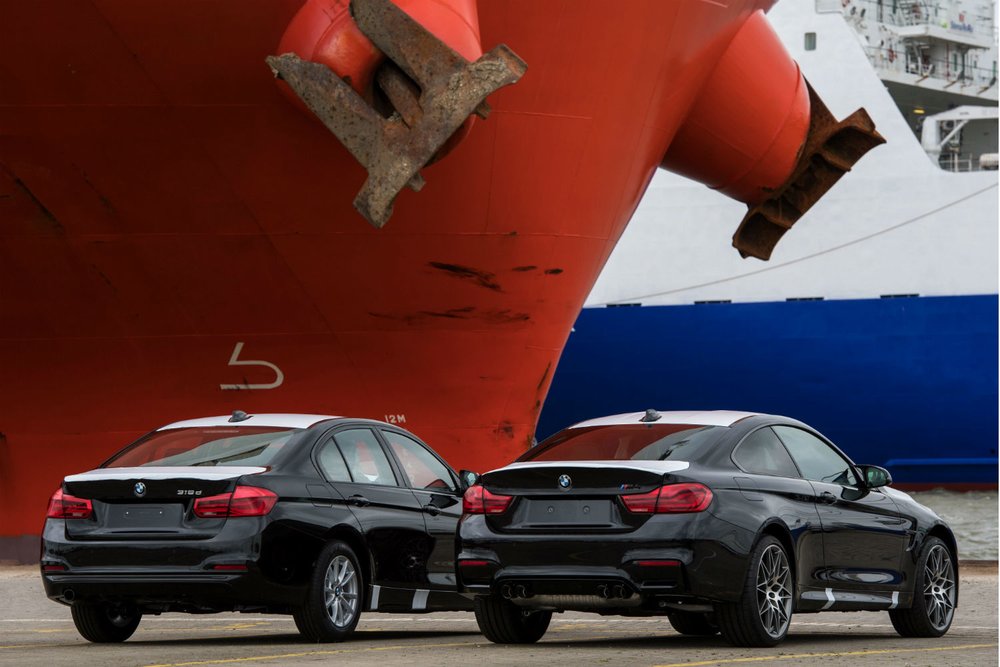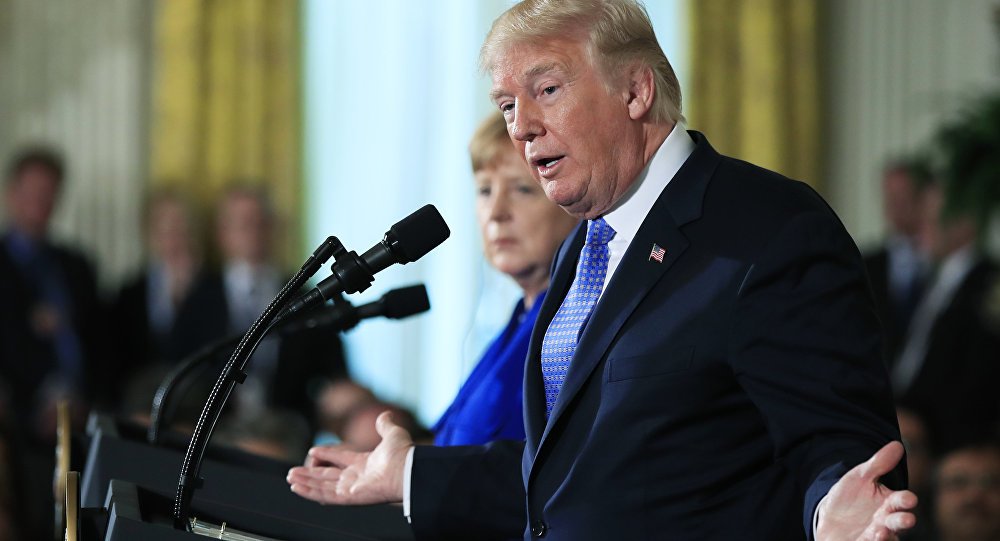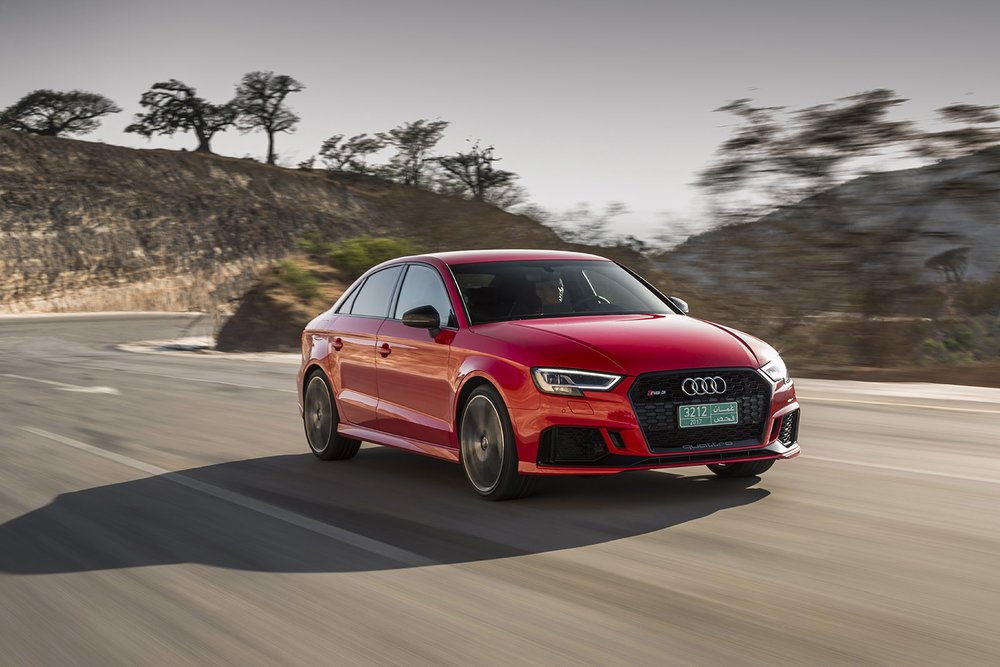One German magazine made a shocking accusation against the U.S. President Donald Trump recently, claiming that he wants to ban German luxury sportscars from being imported and sold in the United States.
The report may seem a little farfetched, but, given that Trump called the Germans ‘bad people’ last year in Brussels and vowed to stop them from selling millions of vehicles in America, his recent threat to ban German sportscars in the country shouldn’t be taken idly.

A German business magazine claimed last week that Donald Trump wants to ban the import of German-made sports vehicles
German Magazine’s Claim
President Donald Trump doesn’t seem to be a big fan of German-made sportscars. After winning the elections in 2016, his first order of business was to find a way to reduce automobile import in the United States, and he pledged to raise import taxes on German cars to 35 per cent during his presidency.
A few months later, Trump addressed a meeting with the EU leaders in Brussels where he said that he wanted to stop the Germans from selling vehicles in his country altogether. And now, a German publication, Wirtschaftswoche, is claiming that the US President had allegedly told France’s Emmanuel Macron, while he was visiting Washington in April, that his administration is doing what it can to keep German cars off American roads.
The article which appeared in the famous German magazine on Thursday citied a number of key international and U.S. diplomats, although no names or directs quotes from the sources were included by the publication, making it almost impossible to verify the authenticity of the report. News agencies have contacted the US Embassy in Germany for a statement but the spokesman has referred all questions to the White House.
According to the business and current affairs magazine, Trump disclosed his intentions of pushing German automakers out of U.S. in front of the French President during his visit to Washington in April. So far, there has been no comment from the French administration on the report.

The U.S. government has already started investigating the automobile trade business in the country and is planning to increase tariffs to 25 per cent on the grounds of ‘national security’
Germany’s Auto Trade Business
The U.S. government has already started investigating the automobile trade business in the country and is planning to increase tariffs to 25 per cent on the grounds of ‘national security’. The new tariffs could be bad news for German automakers who currently control almost 90 per cent of the luxury car market in the United States.
According to Germany’s auto industry reports, the country exported 657,000 cars to North America in just 2017, claiming the title of the biggest car exporter in EU. The German auto association, VDA, said that the industry has earned over 31 billion euros in 2016 from selling vehicle engines, car components and other second-hand automobiles.
United States, on the other hand, only exported goods totaling 7.4 billion euros to Germany in 2016. This caused 23.8 billion euros in trade deficit between the two countries, according to the latest figures revealed by VDA.
But in 2017, President Trump said that Germany was taking advantage of its business relationship with the United States, which is why he wants to ban the export of vehicles from the country. The car trade business between the US and Germany isn’t exactly ‘a one-way street’ as the president has said in the past.
German automakers have a number of factories in the United States which provide jobs to thousands of Americans. Both, BMW, which makes Rolls-Royce, and Daimler which owns Mercedes-Benz have refused to comment on the report.

Germany is the biggest car exporter in EU which sent almost 657,000 automobiles to North America last year
EU in Trouble
The recently launched vehicle imports investigation in the United States has fueled the increasing economic and trade tensions between the United States and EU.
Dieter Kempf, the head of BDI industry association in Germany, reacted angrily to the investigation and said that EU might come up with its own countermeasures if Trump decides to increase import tariffs or hinder trade with EU member states.
On Thursday, the US president will decide whether he wants to impose new tariffs on EU for steel and aluminum export, a move that could be disastrous for the bloc’s annual revenues of 37 billion euros and start a transatlantic trade war.
German carmakers fear that the 25 per cent tariff will be the last nail in the coffin for its auto business in the United States, especially for vulnerable manufacturers like Porsche and Audi which do not have any plants in the U.S. Meanwhile, companies like BMW and Mercedes-Benz, which have large factories in the country, could produce their cars locally.










